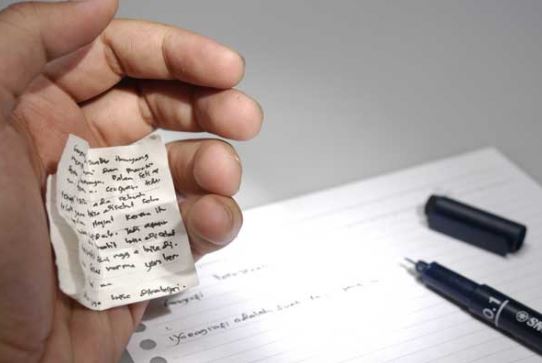×
The Standard e-Paper
Home To Bold Columnists

Sitting for exams is an annual ritual, a rite of passage for youngsters globally. It’s one of the rarely questioned traditions; it does not matter if the country is communist or democratic.